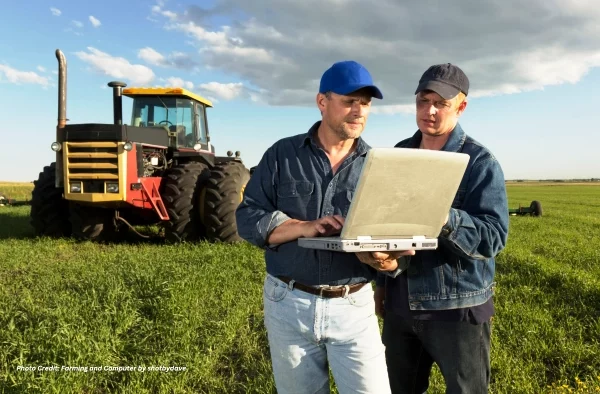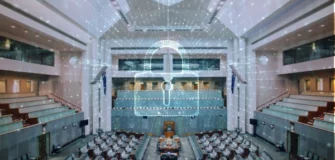Government expands data connectivity trials
Share

The Albanese Government has announced a trial of fixed voice services by Scyne Advisory.
This trial will also assess the performance of Low Earth Orbit Satellites (LEOSats) to support the government’s efforts to enhance mobile connectivity for more Australians.
Scyne Advisory will independently deliver the fixed voice service trials, with work already underway to progressively set up trial sites across 50 regional and remote locations across Australia.
The trials will track the reliability and quality of voice calls and test the impacts of weather conditions on services.
Data from the trial will also help the Albanese Government to better understand how LEOSat services perform to support voice services across a representative range of regions across Australia, including over the northern Australia wet season. Existing NBN Co fixed wireless and satellite services will also be trialled in parallel to provide a comparison.
Data collected will be independent of industry and be made publicly available next month.
“The Albanese Government is committed to modernising telco services in the interest of all Australians, particularly those living in rural and regional Australia, and I look forward to data from the trials helping us to consider and deliver a more modern and effective universal service framework,” commented Minister for Communications, the Hon Michelle Rowland MP.
“The government has been clear it will proceed on a consultative and transparent basis. Stakeholder views on delivery and funding issues will be carefully considered to help inform future decisions on a more modern and fit-for-purpose framework.”
The government has also made public a summary of the input it received from stakeholders during a recent public consultation on modernising the funding and delivery of universal telecommunications service arrangements.
Overall, the public consultation process demonstrated there is support for change to universal service arrangements to better reflect evolving consumer needs and the emergence of new alternative technologies.
“The government’s focus is that universal service arrangements continue to deliver for consumers, can be more flexible to accommodate changes, and that we have related funding arrangements for baseline services that are efficient and sustainable.”
Stakeholders suggested that a more flexible and technology-neutral approach would be preferred, including the adoption of modern networks and services that are best suited to each premises and future-proof arrangements.
There was also general agreement that simpler funding arrangements would better reflect the market and enable greater efficiency and sustainability.
The government is still debating how to modernise the Universal Service Obligation, but it is considering stakeholder feedback and the trial data to guide future actions.
Public Spectrum is the first knowledge-sharing platform in Australia to embrace the entire public sector. This website is a platform where you can connect, collaborate, empower, inspire, and upskill with public sector professionals.










Today’s Pick
11th Annual Aus Goverment Data Summit
April 1, 2025
7th Annual NZ Government Data Summit
May 7, 2025
3rd Public Sector Comms Week
May 14, 2025
Subscribe
We send emails,
but we do not spam
Join our mailing list to be on the front lines of healthcare , get exclusive content, and promos.
AI appointment Australia Australian boost boosts business businesses covid-19 cyber cyber attack cyber security cybersecurity data data breach data management defence Digital employment enhance enhances fraud funding governance government grants infrastructure Innovation Lockdown management new zealand NSW NZ online privacy public Public Sector queensland renewable energy scams security Social Media Technology telecommunications victoria
-

Understanding and building your digital strategy
Digital Government, Opinion
-

Featured Leader: Jamie Morse on multi-channel strategies for communication
Communications, Featured Leader
-

Featured Leader: Tegan Tembe of NSW Treasury on creating solid planning strategies and processes
Featured Leader
-

Wirraka Maya Health Service improves patient care with My Health Record
Learning
Show More-

Effects of ineffective communication in the workplace
Communications, Personal Development
-

7 ways you can enhance your personal development skills
News, Personal Development
-

5 advantages of working in the public sector
News, Personal Development, Professional Development
-

7 causes of communication issues in the workplace
Communications, News, Personal Development
Show MoreLast Viewed